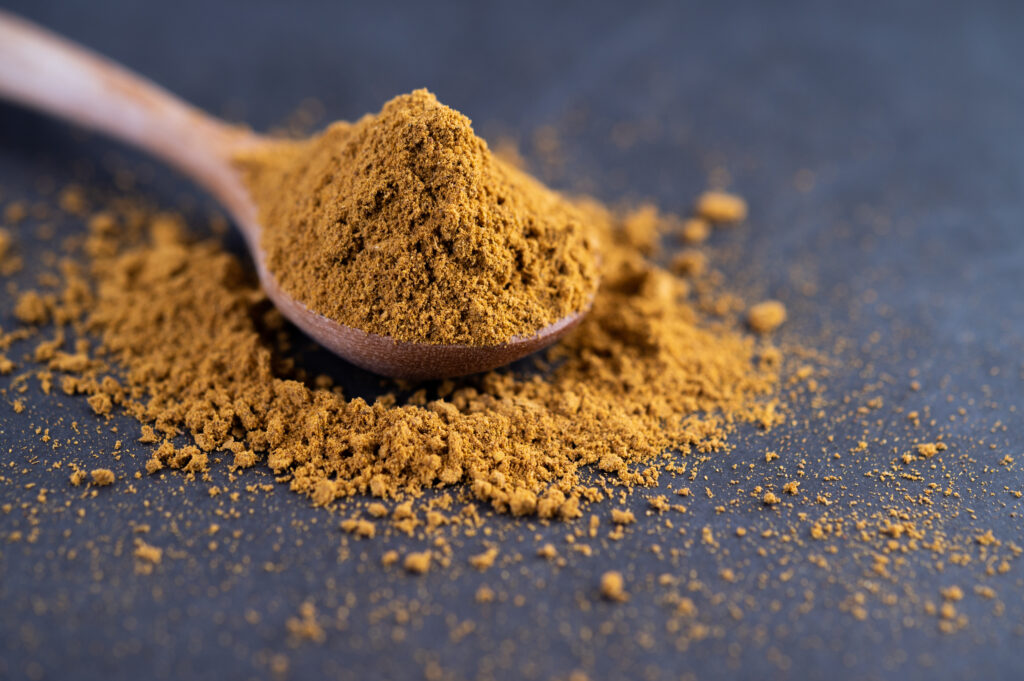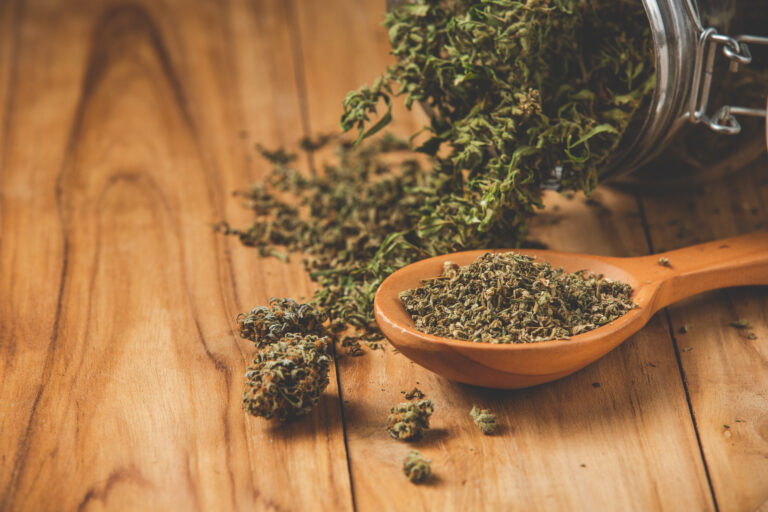Natural supplements are becoming increasingly popular among people seeking organic ways to care for their physical and emotional well-being. Currently, Ashwagandha and CBD products are among the most commonly chosen options. Both supplements offer stress relief, mood improvement, and better sleep quality, but their effects and purposes can differ significantly. So, which is better – the ancient Ayurvedic herb or the modern CBD derived from hemp? In this article, we’ll compare these two natural supplements in detail, discuss their benefits, potential effects, and help you decide which might be more suitable for your lifestyle.
What is Ashwagandha?
Ashwagandha, also known as Withania somnifera or Indian ginseng, is one of the most important herbs in traditional Ayurvedic medicine. It is classified as an adaptogen – a natural plant compound that helps the body adapt to stress, balance hormonal activity, and support overall well-being. For thousands of years, Ashwagandha has been used in India not only to reduce stress but also to boost immunity, energy, and longevity.
Historical Use and Traditions
Ayurvedic practitioners prescribed Ashwagandha to individuals experiencing emotional tension, fatigue, or sleep issues. It was considered a rasayana – a rejuvenating herb that stimulates vital energy (prana), strengthens the nervous system, and helps restore the balance between body and mind. Traditionally, the herb was consumed in the form of powders, pastes, or decoctions.
Ashwagandha has a wide range of health effects, but some key areas where it is especially effective include:
- Stress and anxiety reduction: This supplement helps lower cortisol (the stress hormone) levels in the body, which can relieve tension and improve emotional well-being.
- Boosting energy and focus: Unlike some sedatives, Ashwagandha not only calms but can also help restore energy.
- Hormonal balance: Research suggests Ashwagandha may support hormonal health, particularly thyroid function and testosterone levels in men.
What is CBD?
CBD (cannabidiol) is one of more than a hundred natural compounds found in the hemp plant. Unlike THC, which causes psychoactive effects, CBD is non-intoxicating and is used to harness the therapeutic properties of cannabis. CBD products are made from cannabidiol extract, which is legal in many countries, including Lithuania. The extract is used in various forms, such as oils, creams, capsules, and even gummies.
CBD has a broad spectrum of effects – here are a few of its benefits:
- Calming effect: CBD interacts with the endocannabinoid system, which helps regulate mood and promotes relaxation. Users often report reduced anxiety and improved emotional stability.
- Sleep support: Thanks to its calming properties, CBD can help with falling asleep faster, reducing nighttime awakenings, and improving sleep quality.
CBD Products on the Market
CBD can be easily integrated into a daily routine with a wide range of products tailored to individual needs:
- CBD oil (drops): One of the most popular options. It acts quickly when applied under the tongue.
- CBD gummies: A great choice for beginners – tasty, easy to use, and pre-dosed.
- Topical products (creams, serums): Used for localized effects – for muscle tension, skin issues, or to soothe tired body parts.
Ashwagandha vs CBD
When choosing between Ashwagandha and CBD products, it’s important to understand how each supplement affects the body. Both can help reduce stress, improve sleep, and boost energy, but their mechanisms and effects differ.
Effects on Stress and Anxiety
Ashwagandha works as an adaptogen, meaning it helps the body adapt to physical or emotional stress. It lowers cortisol levels – the main stress hormone – thereby stabilizing the nervous system. This makes it commonly used for long-term stress reduction and restoring the body’s balance.
CBD products, on the other hand, act through the endocannabinoid system, which is responsible for maintaining homeostasis – the body’s internal balance. CBD calms the nervous system, promotes serotonin receptor activity, and typically has a quicker effect than Ashwagandha, especially for immediate anxiety relief.
Benefits for Sleep
Ashwagandha helps improve sleep quality indirectly – by reducing stress levels, calming the nervous system, and supporting hormonal balance. Some users experience deep, restorative sleep, especially when taking it in the evening.
CBD products are often used specifically to address sleep issues. They help users fall asleep faster, reduce nighttime awakenings, relax muscles, and quiet the mind. CBD is especially helpful for people whose sleep problems are linked to anxiety or chronic pain.
Conclusion
Both Ashwagandha and CBD are valuable natural supplements that can contribute to better emotional, physical, and psychological well-being. Each has science-backed benefits: reducing stress, improving sleep, and restoring the body’s balance. However, their effects and applications can vary based on individual lifestyle needs.
Ashwagandha is a great choice for those seeking a long-term adaptogen that supports energy, endurance, and hormonal balance. It’s ideal for individuals looking to integrate a traditional, gentle, and gradually-acting supplement into their daily routine.
CBD products stand out for their versatility and rapid effects. They can be especially beneficial for the modern, fast-paced individual dealing with sudden stress, anxiety, or sleep problems. Whether in the form of oils, gummies, or topicals, CBD offers flexible solutions tailored to specific needs.
Ashwagandha is an Ayurvedic adaptogen that helps the body adapt to long-term stress, support hormonal balance, and boost energy. CBD, a non-psychoactive compound from hemp, works through the endocannabinoid system to promote calm, emotional balance, and better sleep. While both reduce stress, Ashwagandha is more restorative, and CBD offers faster, targeted relief.
Both supplements are effective for anxiety, but they work differently:
Ashwagandha lowers cortisol and supports long-term stress resilience.
CBD calms the nervous system quickly by interacting with serotonin receptors.
For immediate anxiety relief, CBD is typically more effective. For chronic stress and emotional recovery, Ashwagandha may be the better option.
Yes, Ashwagandha and CBD can be taken together for a synergistic effect. Many users combine them to benefit from CBD’s fast-acting calm and Ashwagandha’s long-term adaptogenic support. However, consult a healthcare provider, especially if you’re on medication or managing a health condition.
CBD is generally better for sleep issues, especially if they stem from anxiety, overthinking, or pain. It promotes faster sleep onset and fewer nighttime disturbances. Ashwagandha supports sleep indirectly by calming the mind and regulating hormones, making it ideal for improving sleep quality over time.
Choose Ashwagandha if you’re looking for a gentle, traditional herbal supplement that supports long-term stress relief, hormone regulation, and vitality. It’s ideal for those who prefer plant-based adaptogens with a slow but lasting effect. CBD may be more suitable for fast relief in high-stress, modern lifestyles.



